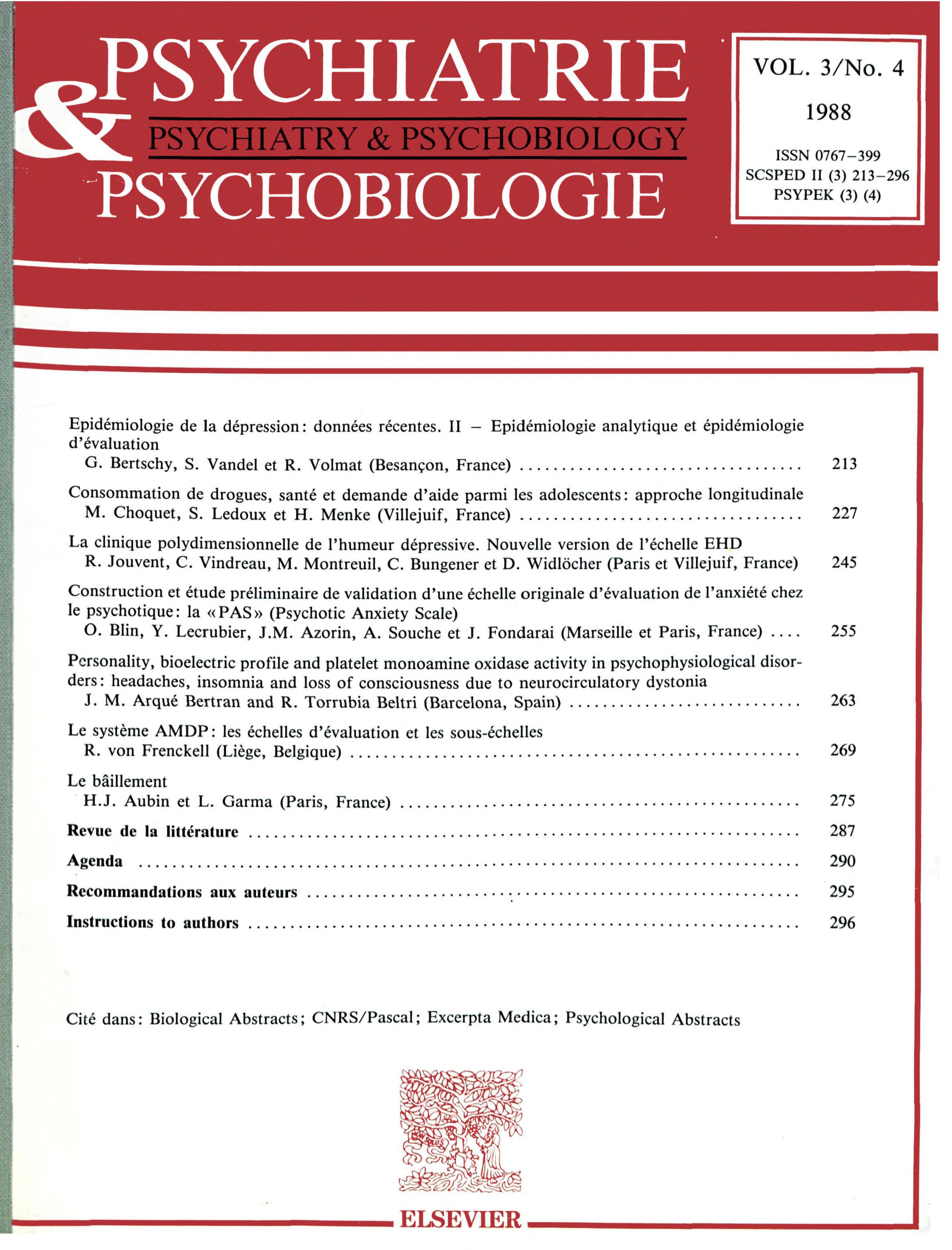No CrossRef data available.
Article contents
Impacto de las intervenciones psicoeducativas cognitivas en los pacientes bipolares y sus familiares
Published online by Cambridge University Press: 12 May 2020
Resumen
En ãnos recientes, varios estudios controlados pudieron demostrar que las intervenciones psicoeducativas han sido eficaces para prevenir la recaída en los trastornos bipolares. Así, establecimos una intervención de grupo psicoeducativo cognitivo con 14 sesiones que suministraban información sobre la enfermedad, las señales tempranas de aviso, las estrategias cognitivas y conductuales para el tratamiento del estrés y el ritmo social. Además, ofrecimos una intervención de grupo para los familiares de los pacientes. El objetivo de este estudio era describir el desenlace clínico asociado con nuestra intervención psicoeducativa en los pacientes bipolares y sus familiares.
Sesenta y dos pacientes bipolares asistieron a 14 sesiones (de unos 90 minutos) de terapia de grupo psicoeducativa cognitiva. Se evaluó el conocimiento de los pacientes del trastorno bipolar y su satisfacción con el tratamiento utilizando cuestionarios desarrollados por nosotros antes y después de la intervención de grupo. Además, 49 familiares de pacientes bipolares recibieron dos talleres psicoeducativos de 4 horas cada uno. Evaluamos las variables demográficas, la carga, la emoción expresada elevada y los síntomas depresivos de los familiares antes y después de los dos talleres y en el seguimiento al año.
Los pacientes mejoraron significativamente su conocimiento del trastorno bipolar. Se beneficiaron también de los debates y del intercambio de estrategias de afrontamiento útiles. La carga y la emoción expresada elevada no mostraron reducciones significativas en la evaluación posterior; sin embargo, se redujeron significativamente en el seguimiento al año. Los familiares se sintieron también significativamente mejor informados sobre la enfermedad.
Estos hallazgos muestran que las intervenciones psicoeducativas en los pacientes bipolares y sus familiares mejoran su conocimiento de la enfermedad y la carga del trastorno, y además las emociones expresadas elevadas se reducen en los familiares en el seguimiento al año.
- Type
- Original
- Information
- Copyright
- Copyright © European Psychiatric Association 2006


